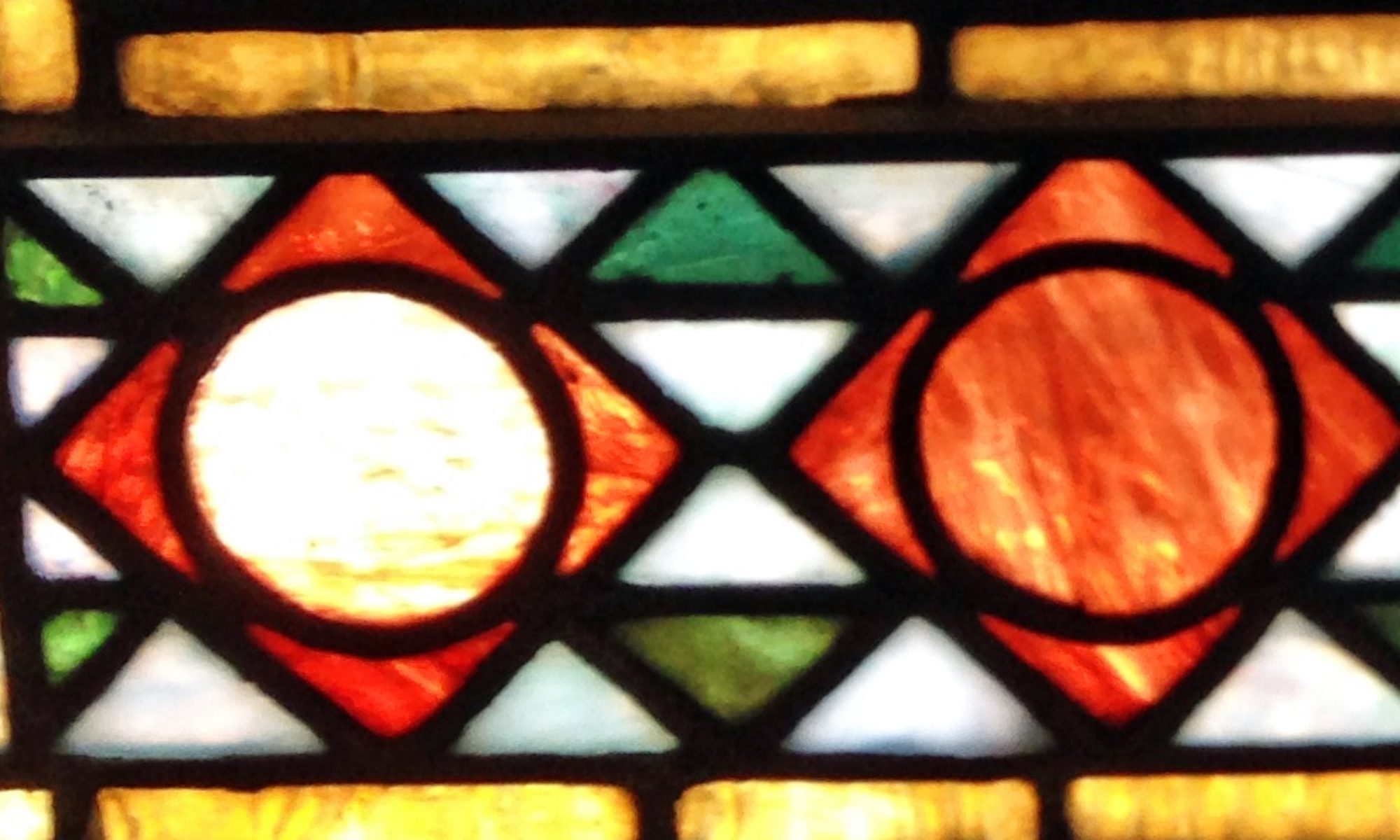The 10 Commandments are in Exodus, chapter 20, early in the Hebrew scriptures. In the New Testament, in Matthew 22, Jesus is asked what is the greatest commandment, and replies, “Love God with all your heart and soul and mind, this is the greatest commandment. And a second is like it: love your neighbor as yourself. On these two commandments hang all the law and the prophets.” This isn’t a departure from the list of ten in Exodus 20. If we look at the ten, they are in groups: 1 to 3 are about loving God. 5 to ten are ways to show love for others. Number 4 is a sort of bridge, connecting the two threads. So the ten are elaborations from which are condensed the two greatest commandments from Jesus.
How do we understand the fourth, the bridge? It points us straight back to Genesis 1, to the creation story. What do we hear there? The Spirit hovered over the waters, it was evening and it was morning, and it was good. God did the work of creation in 6 days. But then, God didn’t decide, I’m done, it’s all good, let’s party! No, in Genesis 2, God was bushed: Whew, I’m beat, I need a day off. Even the Almighty finds creation to be hard work.
The Genesis story was not told to people like us, it doesn’t require that we sit home and not go shopping or work in the garden or build a deck on Saturday, the seventh day. Step back and think of the original listeners. This story would not have been told in the Pharaoh’s palace, or among the shopkeepers or in the homes of overseers in charge of the slaves. It was told at the Hebrews’ village fire in the evening, after a hard day in slavery for the Egyptians. Some had been gathering straw under the hot sun, some baked bricks at hot ovens, some had set the bricks to build the storehouses for Pharaoh’s ever-increasing treasure. Exodus 5 recalls the demands for more, and harder, work by the slaves.
As the Hebrew slaves sat at their meager meal, someone would retell the old story, that on the 7th day God rested. Rested! So, does the 4th commandment tell us not to pray on Saturday, because God’s not in the office? No, in my view Genesis is not a science text or description of God’s strengths and weaknesses. It is telling the oppressed how they should be able to live in this world, how life is meant to be. It is telling the slaves that God did not mean for them to be oppressed under the ceaseless work ordered by the Egyptian empire. It was hard to believe, that there should be a different rhythm to life. Did the Kingdom of God mean that we Hebrews, too, should have a day of rest, like a free people? Dare we hope for freedom?
Today we normally think of the New Testament, the Gospel, as the “Good News” of God. But here, in the very first chapters of the first book of the Old Testament, we find good news of how the Kingdom of God would be different from the empires of man.
Certainly the slaves did not yet have a Sabbath day of rest. Scholars believe that the incorporation of this Sabbath rule into daily life came several centuries later, after the sacking of Jerusalem and the taking of the Hebrew elites to exile in Babylon. Here the people who had been administrators and leaders among the Israelites found their abilities in demand in a growing empire, and many of them began to assimilate, to intermarry, to become part of the dominant imperial culture. Daniel 1 describes this.
At this time the prophets cried out for God’s holy people to keep themselves apart from the dominant, secular culture, and the Sabbath became a visible sign of the maintenance of the Hebrew’s way of life.
The Fourth Commandment asks us to recall how Genesis brought good news to the slaves of one empire, and how the descendants of these slaves were called to keep themselves separate from the dominant culture of another empire. This command doesn’t require us to be idle on Saturdays. Rather, it is a reminder that God aids the oppressed, and his people must not be drawn into the life of the secular empires.
This “bridge” commandment reminds us that if we are to love God and our neighbor, we must not be caught in the grip of the dominant culture, we must be “in, but not of” this world.
